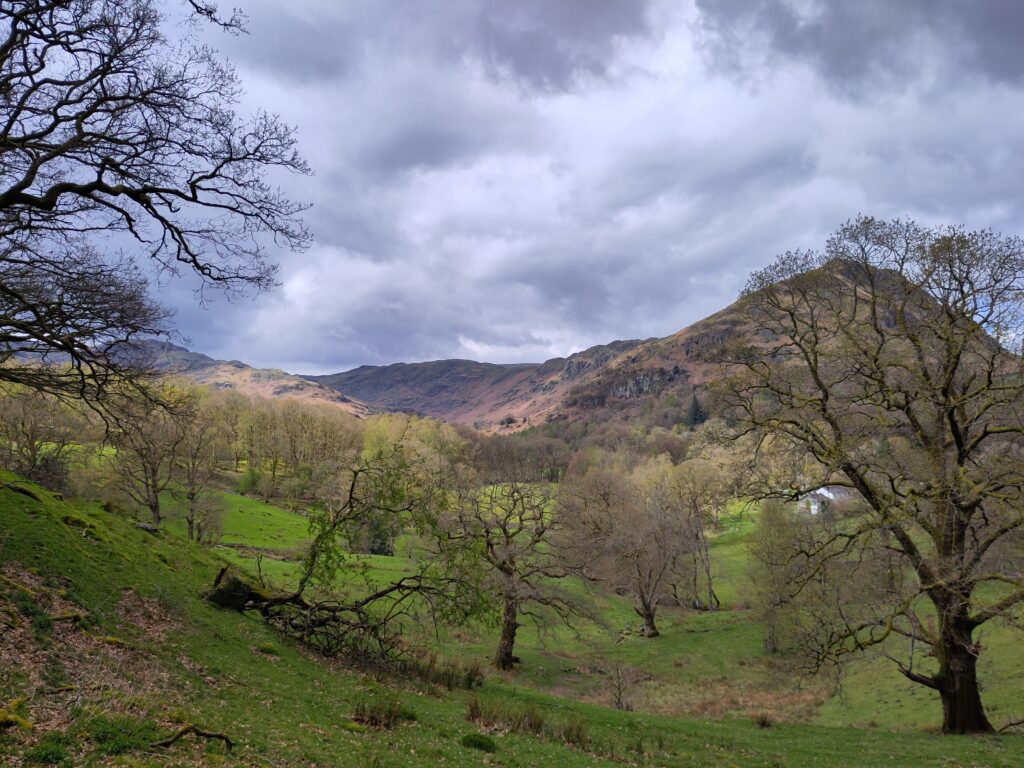If you listen to what Quakers say about God, or read some recent books by Quakers, you’re likely to find that the word ‘God’ often seems to be interchangeable with other terms, such as the Spirit, Love, Light, the Inner Light, the Inward Light, Allah, Christ, Buddha, and many others. Words like these might be drawn together into a list, or someone might say that they use ‘God’ as a shorthand.
In talking about spiritual matters in these complex ways, Quakers are often trying to hold together multiple ideas and motivations. For example, there’s the idea that it’s difficult or impossible to put our experience of the Divine Mystery fully and accurately into words. But we have to hold that alongside the idea that we need to try and express our experience in some way – to share it with others, to see how our different experiences compare, and understand why they lead us to different conclusions.
Similarly, we want to hold our community together as a single group, to be united and cohesive in our beliefs as well as our practice and actions. At the same time, we want to value the diversity in our community, and appreciate all the things we can learn from different perspectives, which requires us all to share our honest thoughts even when we don’t agree.
I think the way Quakers use many words in our lists of names for Spirit, God, Light, or whatever you call it tries to answer all these needs at the same time. It accepts that a single word will never be entirely right, because the whole complexity and wonder of spiritual experience can’t be expressed precisely. It also has a go at saying something anyway: by offering a list, we are at least trying to communicate about this challenging topic.
The list tries to hold the community together. It might start with a headword like a dictionary entry: God, also called Spirit, Light, Love, or by many other names. It put lots of options side by side, like the people in a meeting for worship, not the same but equal. Often, the lists end with a phrase which invites people to add their own words, which tries to welcome them to the community at the same time as acknowledging that they have their own experience. A list like that also makes explicit the diversity of ideas and understandings in the Quaker community, in a way which shows that a diversity is welcome or even encouraged.
In How Quakers Talk About God, which runs from 9 October to 13 November, we’ll explore Quaker ways of naming the Divine, looking at the lists and the sources of our words, how we can express ourselves and why it can be difficult.




